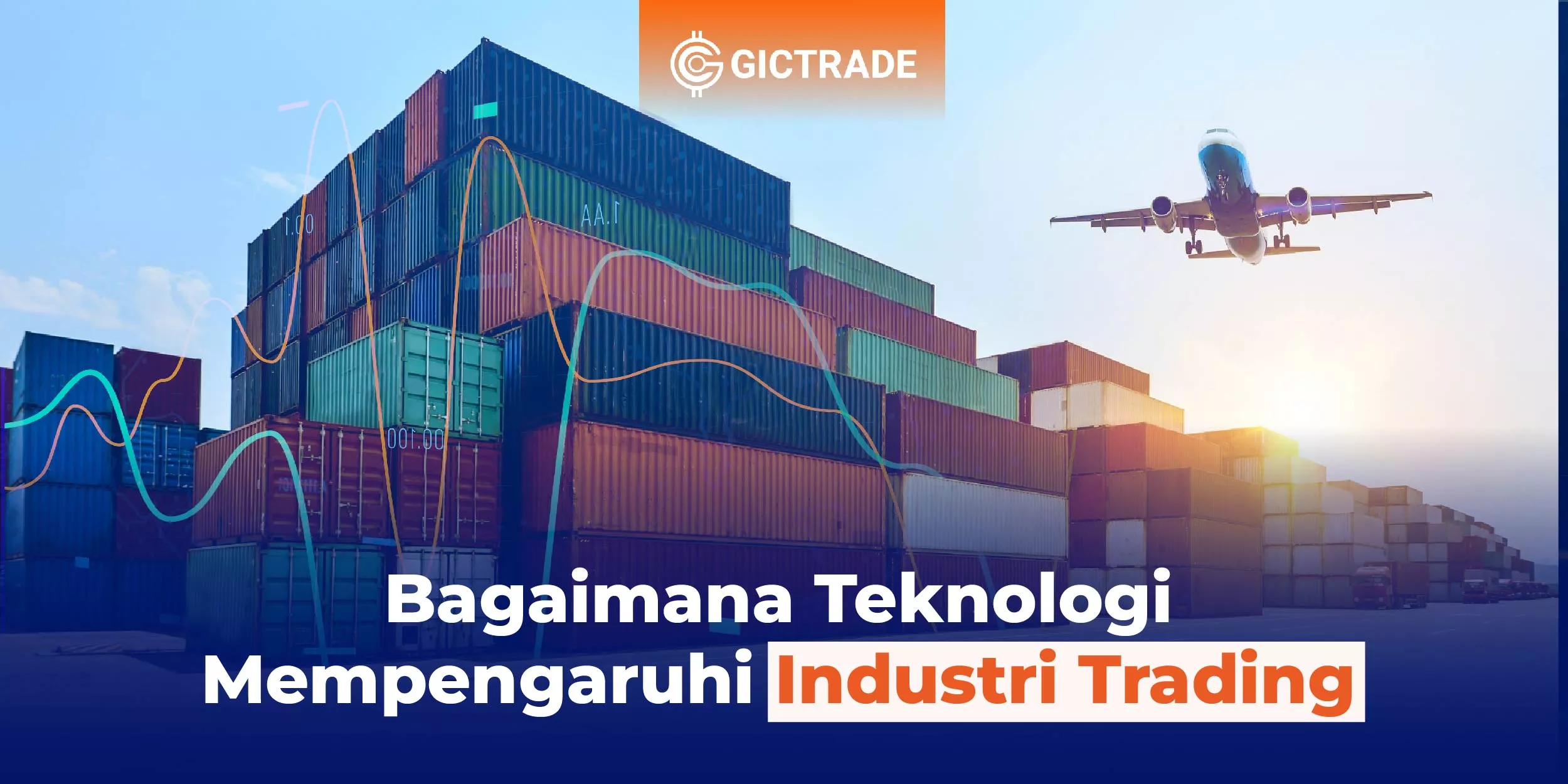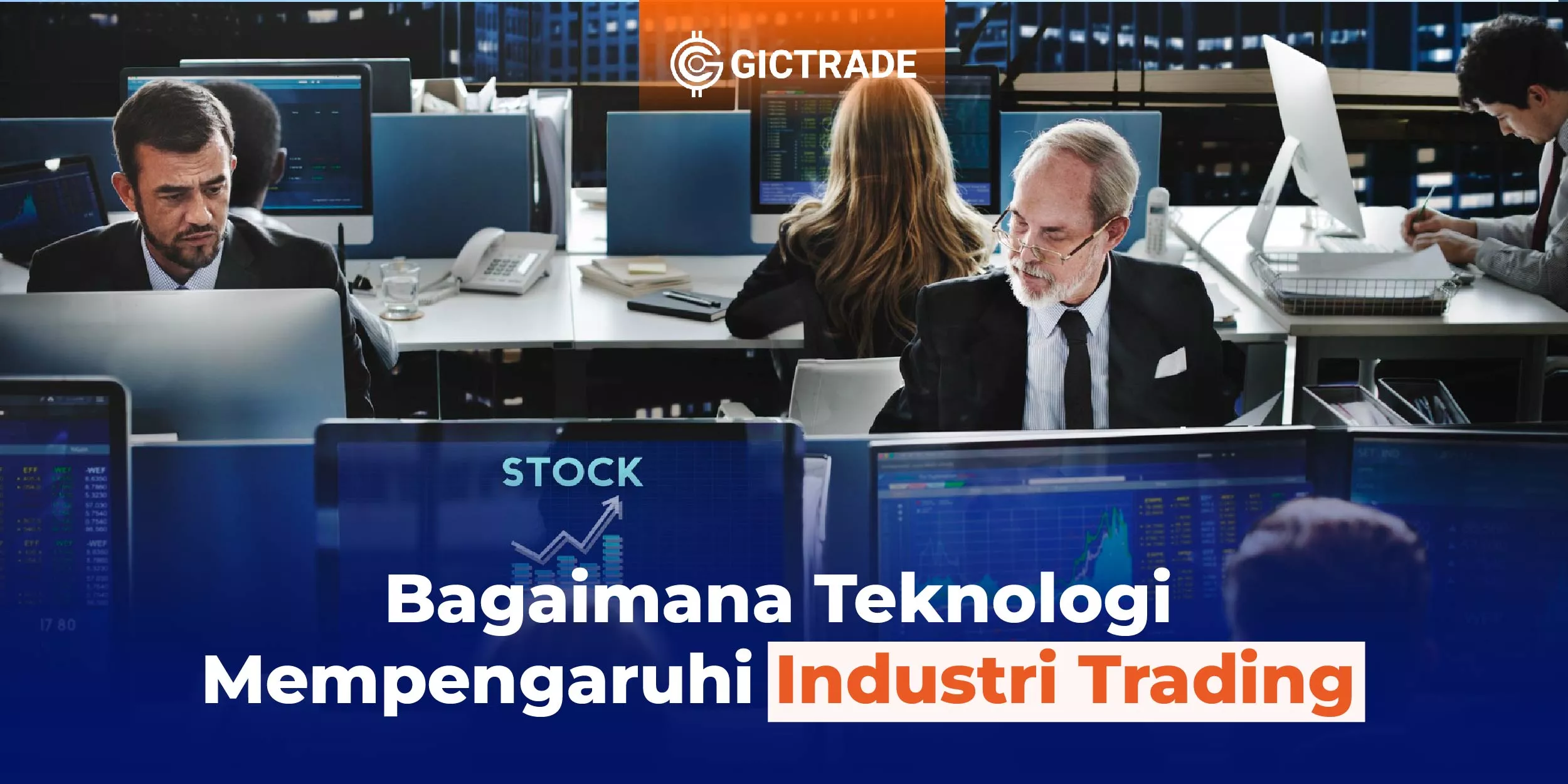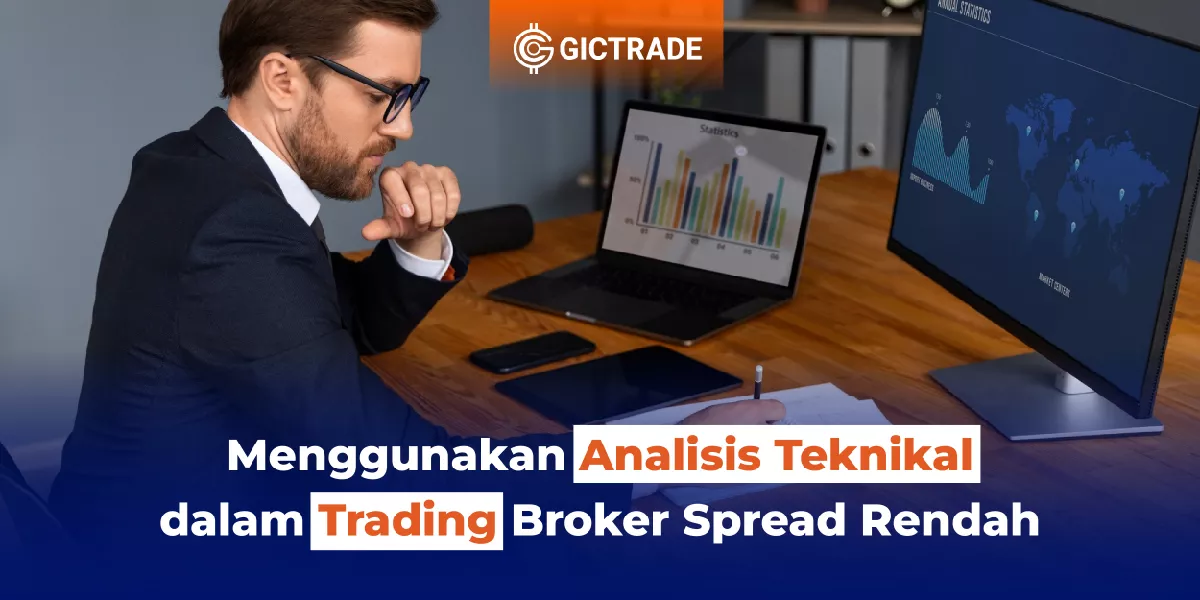Teknologi dan Industri Trading - In today’s digital age, technology has penetrated almost every aspect of our lives, including the world of trading. The trading industry is no exception, with technology playing a significant role in changing the way we trade.
In this article, we will explore how technology has impacted the trading industry and uncover the significant changes that have occurred along with technological advancements.
Table of Contents
- How Technology Affects the Trading Industry
- FAQs (Frequently Asked Questions)
- Q: How has technology affected liquidity in the trading industry?
- Q: Can technology replace the role of humans in the trading industry?
- Q: How does technology affect risk in the trading industry?
- Q: Can technology help traders predict market movements?
- Q: What role does technology play in social commerce?
- Q: How can technology change the future of the trading industry?
- Conclusion
How Technology Affects the Trading Industry

Technology has revolutionized the trading industry as a whole, introducing significant changes in the way trading is conducted. Here are some of the ways in which technology has affected the trading industry:
1. Easier Global Access
In the past, international trade was often complicated and time-consuming. However, with the advancement of technology, global access has become easier. Electronic trading platforms, such as the foreign exchange (forex) market and electronic stock exchanges, allow traders to transact instantly around the world with just a few clicks. This has opened up new opportunities for traders to engage in international trade and expand their business reach.
2. Algorithms and Automated Trading
The advancement of technology has enabled the use of sophisticated algorithms and automated trading in the trading industry. Trading algorithms can perform market analysis quickly and efficiently, identify trading opportunities, and execute transactions without human intervention.
This has resulted in faster and more efficient trade executions, as well as reduced human error. Traders can use automated trading systems to automate their trading strategies and increase their profit potential.
3. Access to Better Information and Analysis
With the advancement of information technology, traders now have better access to market information and analysis. The Internet has become an invaluable resource for traders, allowing them to access up-to-date market news, economic data, company reports, and in-depth market analysis. Traders can use this information to make more informed trading decisions and identify potentially profitable market trends.
4. Trading Through Mobile Devices
The development of mobile technology has changed the way trading is done. With the advent of mobile trading applications, traders can now make transactions anytime and anywhere using their smartphones or tablets.
This gives traders the flexibility to follow the market in real-time and take quick trading action when opportunities arise. Mobile trading has made it easier to access and participate in trading, allowing individuals to become successful independent traders.
Meet GIC, The Best Trading Platform In Indonesia!
Not familiar with GIC? Let's get acquainted. Unlike other conventional brokerage firms, GIC through the GICTrade platform provides a solution for traders who do not want to be burdened with high trading costs. GICTrade is a peer-to-peer trading platform that brings together traders and market makers.
So, what's so special about GICTrade? As a platform that brings together trader and market maker, you as a prospective customer can certainly choose between the two, namely becoming a trader or a market maker.
GICTrade's role as a transaction venue provider can minimize costs and help maximize profits for traders and market makers as well as create a fair transaction atmosphere and results.
Traders will benefit from no commission fees and swap fees and low spreads due to the presence of market makers as liquidity providers. You can also join the trader community on Telegram GICtrade to ask fellow traders directly about their trading experiences.
Also download the GICTrade application to get a real trading experience. In addition, on YouTube GIC, traders can also learn trading for free! What are you waiting for? More complete features that fully support you to start investing and trading forex through GIC. Make transactions simpler, safer, and more profitable.
5. Enhanced Security and Protection
Technology has also played a role in improving security and protection in the trading industry. Advanced security systems, such as data encryption and two-factor authentication, have helped protect traders’ information and funds from security threats.
In addition, regulatory authorities have taken steps to increase protection for traders, by implementing strict rules and regulations to prevent detrimental trading practices.
6. Diversification of Trading Instruments
Technology has also introduced new and diverse trading instruments. For example, cryptocurrency trading has become a significant phenomenon in recent years.
The underlying blockchain technology has changed the way we view currencies and payment systems. In addition, algorithmic trading, high-frequency trading, and complex derivatives trading are examples of trading instruments that have emerged thanks to technological advancements.
FAQs (Frequently Asked Questions)
Q: How has technology affected liquidity in the trading industry?
A: Technology has increased liquidity in the trading industry by allowing wider participation from individual and institutional traders. Electronic trading and easy global access allow more buyers and sellers to meet in the market, increasing trading volume and liquidity.
Q: Can technology replace the role of humans in the trading industry?
A: While technology has automated many aspects of trading, humans are still essential in making strategic decisions and understanding complex market contexts. Technology can be a powerful tool for traders, but the human ability to think critically and make decisions based on knowledge and experience remains irreplaceable.
Q: How does technology affect risk in the trading industry?
A: Technology has helped mitigate some of the risks in the trading industry through improved security and protection systems. However, technology can also introduce new risks, such as cybersecurity risks and technical failures. Traders need to adopt appropriate risk management practices and always be aware of potential new risks that may emerge.
Q: Can technology help traders predict market movements?
A: Technology can provide powerful tools and analysis to help traders predict market movements. However, market movements are very complex and influenced by many factors. Accurate market predictions remain a challenge, and traders must use careful technical and fundamental analysis and a deep understanding of the market to make good trading decisions.
Q: What role does technology play in social commerce?
A: Social trading is a phenomenon where traders can interact, share ideas, and copy trades from other traders through online trading platforms. Technology enables social trading by providing platforms and tools to communicate and share information. This allows for collaboration and learning between traders, as well as expanding access to knowledge and successful trading strategies.
Q: How can technology change the future of the trading industry?
A: Technology continues to advance rapidly, and this will continue to impact the trading industry in the future. The potential use of artificial intelligence (AI), Big Data analytics, and other emerging technologies could change the way trading is conducted, increasing efficiency and providing deeper insights into the market. In addition, technology could also open the door to new innovations in trading instruments and business models.
| Also Read : 5 Common Myths about Trading Apps You Need to Know! |
Conclusion
How Technology Affects the Trading Industry is a topic that outlines the significant changes that have occurred in the trading industry due to technological advancements. From easier global access to automated trading, technology has changed the way we trade.
However, the role of humans and a deep understanding of the market remains essential to achieving success in this industry. By keeping up with technological developments and combining them with strong trading knowledge and skills, traders can capitalize on the potential offered by this digital era.
 Last:
Last: 






